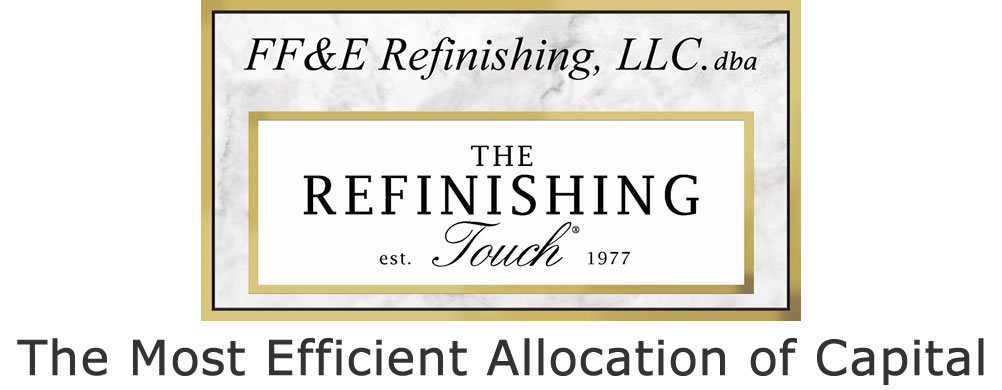A recent article by Goolam Mohamedbhai in Inside Higher Ed is a reminder that the Decade of Education for Sustainable Development (DESD), led by the United Nations and implemented by UNESCO, has come to a close. The global initiative encouraged, supported and recognized the role of education in promoting sustainable development
The movement involved numerous influential organizations, initiatives and networks including the International Association of Universities (IAU), United Nations Environment Programme (UNEP) and Global Universities Partnership on Environment for Sustainability (GUPES). They combined their efforts to educate and implement truly sustainable development in colleges and universities, defining it as: “development which meets the needs of the present without compromising the needs of future generations”.
As 2015 marks the end of the Decade of Education for Sustainable Development, what has changed over the last ten years?
First, across the globe there has been a groundswell as sustainability is addressed on campuses. Global communities of higher education institutions have emerged to share experiences and work together towards sustainable development and to focus on the role education plays in sustainable development and its future. At The Refinishing Touch we have seen this first-hand. We’ve worked for almost four decades with universities and higher education institutions and each decade we see a greater commitment to sustainable practices such as furniture asset management, and see a greater emphasis on sustainability in curricula as well as its evidence across campus.
Worldwide, 370 universities came together, comprising the Global Partnership on Environment for Sustainability (GUPES) network, committed to implementing environmental practices into their curricula. This may not sound like a huge number to those unfamiliar with higher education institutions, but it is not easy to instill change in the industry. Even UNESCO’s final report on the Decade of Education for Sustainable Development reports these problems: difficulty within institutions to coordinate and implement change; the need for staff development and authorization to enable sustainable development transformation; and challenges around disciplinary boundaries. Change is coming but at a pace dictated by the education industry.
There have been new global networks established by higher education institutions to showcase and share their sustainable development experience and best practices. These networks include ARIUSA, ProsPER.Net, and the COPERNICUS Alliance. Sharing best practices, perspectives and experience is vital when considering new sustainability-based initiatives in education – again, we know this from more than 35 years of experience.
What will 2015 bring? The United Nations is currently reviewing the next stage of the sustainability agenda for education and it is expected to establish 17 Sustainable Development Goals. Once these goals are published we will share our thoughts on them with you. In the meantime, to learn more about DESD please visit its website here. To learn more about our work with colleges and universities, please get in touch with our team of experts via [email protected].
A recent article by Goolam Mohamedbhai in Inside Higher Ed is a reminder that the Decade of Education for Sustainable Development (DESD), led by the United Nations and implemented by UNESCO, has come to a close. The global initiative encouraged, supported and recognized the role of education in promoting sustainable development.
The movement involved numerous influential organizations, initiatives and networks including the International Association of Universities (IAU), United Nations Environment Programme (UNEP) and Global Universities Partnership on Environment for Sustainability (GUPES). They combined their efforts to educate and implement truly sustainable development in colleges and universities, defining it as: “development which meets the needs of the present without compromising the needs of future generations”.
As 2015 marks the end of the Decade of Education for Sustainable Development, what has changed over the last ten years?
First, across the globe there has been a groundswell as sustainability is addressed on campuses. Global communities of higher education institutions have emerged to share experiences and work together towards sustainable development and to focus on the role education plays in sustainable development and its future. At The Refinishing Touch we have seen this first-hand. We’ve worked for almost four decades with universities and higher education institutions and each decade we see a greater commitment to sustainable practices such as furniture asset management, and see a greater emphasis on sustainability in curricula as well as its evidence across campus.
Worldwide, 370 universities came together, comprising the Global Partnership on Environment for Sustainability (GUPES) network, committed to implementing environmental practices into their curricula. This may not sound like a huge number to those unfamiliar with higher education institutions, but it is not easy to instill change in the industry. Even UNESCO’s final report on the Decade of Education for Sustainable Development reports these problems: difficulty within institutions to coordinate and implement change; the need for staff development and authorization to enable sustainable development transformation; and challenges around disciplinary boundaries. Change is coming but at a pace dictated by the education industry.
There have been new global networks established by higher education institutions to showcase and share their sustainable development experience and best practices. These networks include ARIUSA, ProsPER.Net, and the COPERNICUS Alliance. Sharing best practices, perspectives and experience is vital when considering new sustainability-based initiatives in education – again, we know this from more than 35 years of experience.
What will 2015 bring? The United Nations is currently reviewing the next stage of the sustainability agenda for education and it is expected to establish 17 Sustainable Development Goals. Once these goals are published we will share our thoughts on them with you. In the meantime, to learn more about DESD please visit its website here. To learn more about our work with colleges and universities, please get in touch with our team of experts via [email protected].
